Britain & Ireland 1745-1901
The relationship between Britain and Ireland is explored here across a number of articles. Particular themes assessing and exploring social reform on matters such as housing, industrial change and emerging civil rights are included here. Key individuals from the world of politics, science and women’s rights are also examined in detail.
Sort by:
Date (Newest first) | Title A-Z
Show:
All |
Articles |
Podcasts |
Multipage Articles
-

Podcast Series: Thomas Paine
Multipage ArticleClick to view -

Polychronicon 123: Gladstone and Disraeli
ArticleClick to view -

Polychronicon 129: Reinterpreting Peterloo
ArticleClick to view -

Polychronicon 131: At your leisure
ArticleClick to view -

Polychronicon 152: Changing interpretations of the workhouse?
ArticleClick to view -
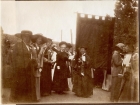
Polychronicon 174: Votes for Women
ArticleClick to view -

Professional wrestling in the history department: a case study in planning the teaching of the British Empire at Key Stage 3
ArticleClick to view -

Putting black into the Union Jack: weaving Black history into the Year 7 to 9 curriculum
ArticleClick to view -

Queen Victoria as a Politician
ArticleClick to view -
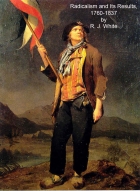
Radicalism and its Results, 1760-1837
ArticleClick to view -

Recorded Webinar: Female slave-ownership in 18th and 19 century Britain
ArticleClick to view -

Reflecting on rights: teaching pupils about pre-1832 British politics using a realistic role-play
ArticleClick to view -

Role Play 1: The Society Game
ArticleClick to view -
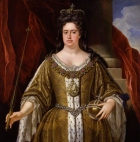
Royal Women: Queen Anne, Elizabeth I and Elizabeth II
Multipage ArticleClick to view -
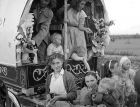
Teaching Gypsy, Roma and Traveller history
ArticleClick to view -
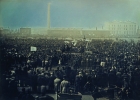
Teaching Year 8 pupils to take seriously the ideas of ordinary people from the past
ArticleClick to view -
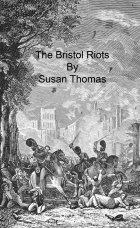
The Bristol Riots
ArticleClick to view -
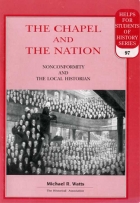
The Chapel and the Nation
ArticleClick to view -

The Eighteenth Century in Britain: Long or Short?
ArticleClick to view -
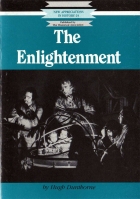
The Enlightenment
ArticleClick to view

